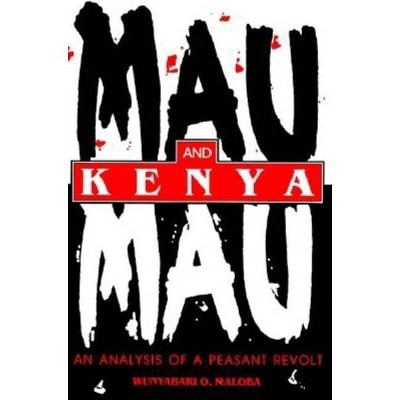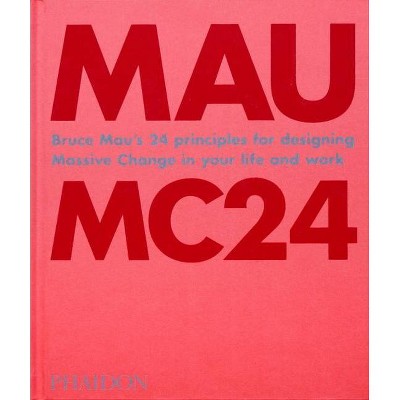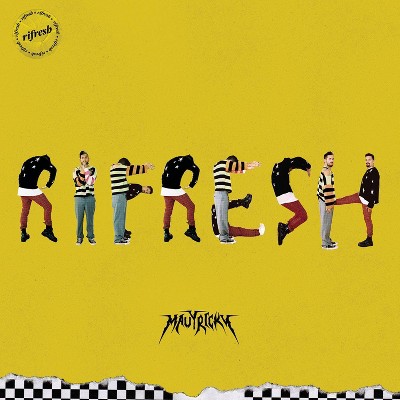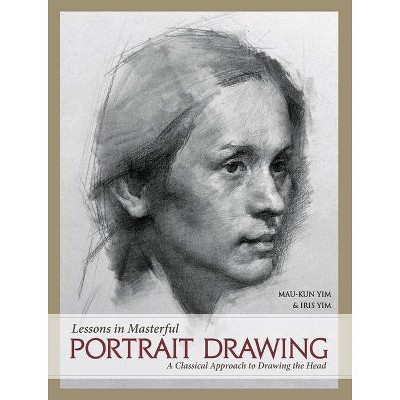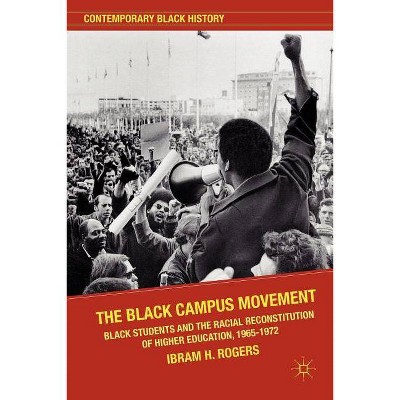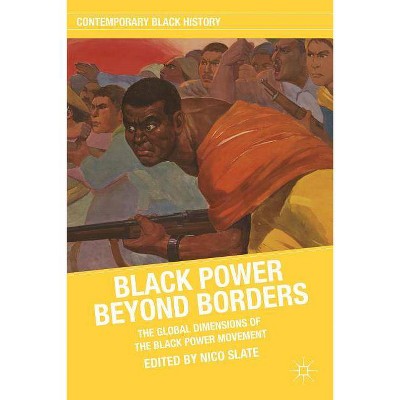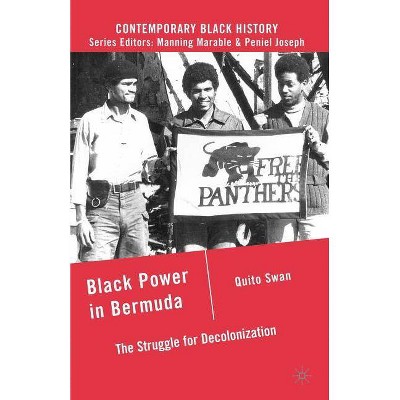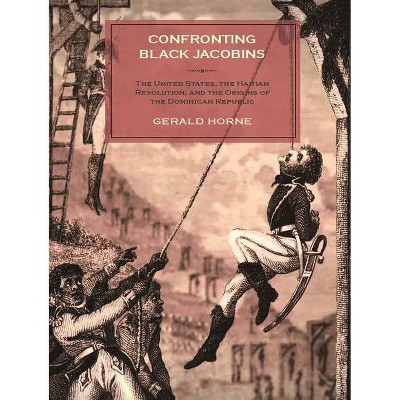Mau Mau in Harlem? - (Contemporary Black History (Paperback)) by G Horne (Paperback)
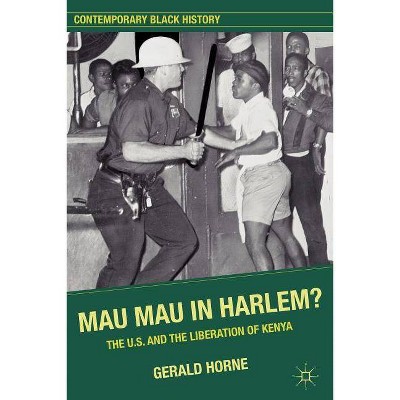
Similar Products
Products of same category from the store
AllProduct info
<p/><br></br><p><b> Book Synopsis </b></p></br></br>From the inception of a the British colony in Kenya in the late 19th nineteenth century, the United States has been intimately involved in the country's development. African-Americans were particularly attracted to Kenya from early on, not least because the apparent "black-white" conflict there, while symbolizing Africa's struggle for freedom from European colonialism, also seemed to mirror what they were experiencing in the U.S. The struggle in Kenya symbolized Africa's struggle for freedom from European colonialism. It was thought that lessons could be learned from Kenya, demonstrated when Malcolm X proclaimed a "Mau Mau in Harlem" might be necessary. To counter Soviet propaganda that suggested that the U.S. was supportive of colonialism, John F. Kennedy was among those who backed a campaign to bring Kenyans to the U.S. for higher education - included among these students was Barack H. Obama, Sr., who was brought to the University of Hawaii. Based on extensive archival research in the U.S., the U.K., and Kenya, this book not only sheds light on the historical forces that created a U.S. President but also the unshakeable bonds that historically have historically conjoined Black America, Africa, and the United States as a whole. Horne offers important context in understanding how a man of Kenyan descent could one day occupy the White House.<p/><br></br><p><b> Review Quotes </b></p></br></br><br><p>"This is a fast-moving, readable account - stunningly well-researched in a wide range of archives on three continents - of hitherto little-known connections between the United States in general, and African-Americans in particular, with the history of the colonization and then liberation of Kenya." - John Lonsdale, Fellow of Trinity College and Emeritus University Professor of Modern African History, University of Cambridge</p> <p>"In this detailed but fascinating account of the steady contact between the Kenya colony (later, nation) and the US, Horne demonstrates a closer relationship between the two governments than that of which most Americans are aware...Highly recommended." - W. Arens, CHOICE</p> <p>'In this book, Gerald Horne offers a compelling transnational history of the intertwined struggles of African Americans for civil rights and of Kenyans for independence from British colonial rule. Based on extensive research in archival and print sources, it is impossible to capture in a short review the rich narrative Horne offers.' - American Historical Review</p> <p>'As a preeminent scholar of African American history and politics, Gerald Horne has tirelessly crafted an impressively prolific body of work. By illuminating the historical and ideological forces that brought Kenya and the United States together, Mau Mau in Harlem? is another example of his laudable scholarly output. Horne's book will be an indispensible resource on this subject for years to come.' - The Journal of American History</p><br><p/><br></br><p><b> About the Author </b></p></br></br>GERALD HORNE John and Rebecca Moores Professor of African-American History at the University of Houston, USA. He has published over two dozen books, including <em>From the Barrel of a Gun: The United States and the War Against Zimbabwe, 1965-1980.</em> <p/>
Price History
Price Archive shows prices from various stores, lets you see history and find the cheapest. There is no actual sale on the website. For all support, inquiry and suggestion messagescommunication@pricearchive.us
